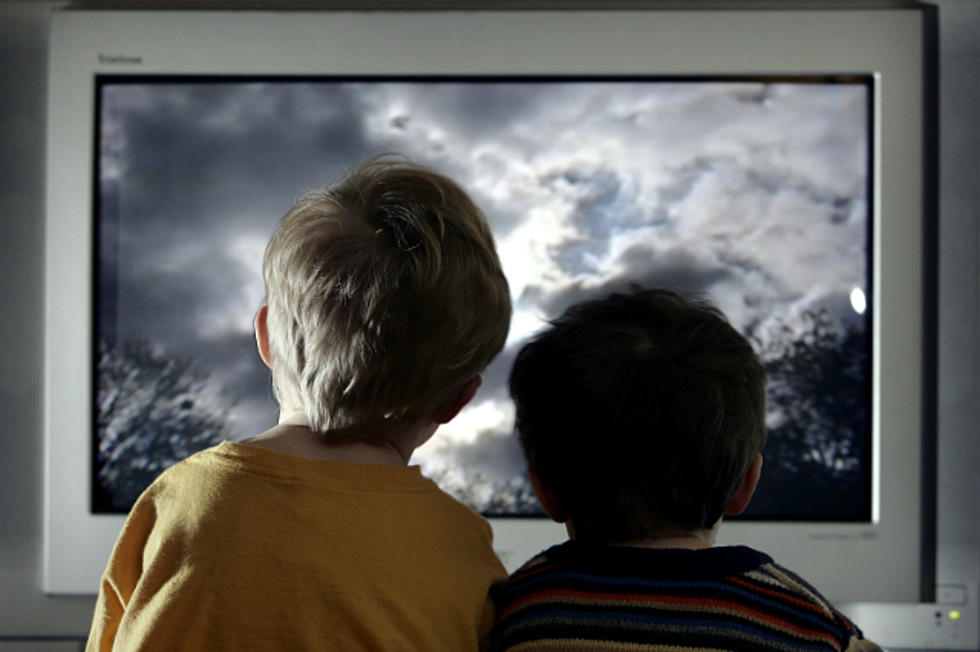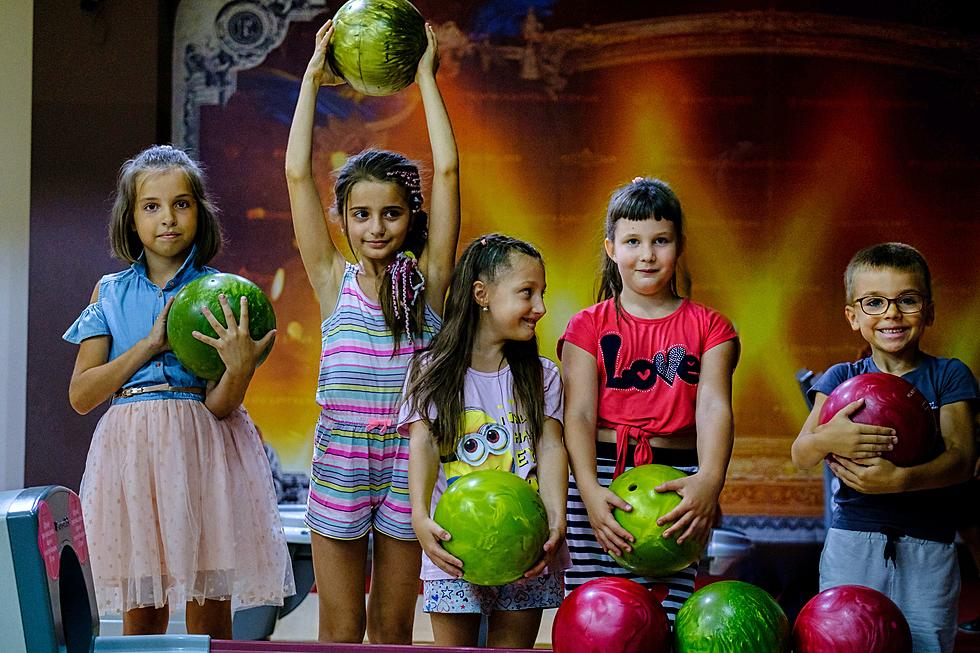
Study Shows TV Can Hinder the Development of Children Under 2
Pediatricians and development experts have strongly urged parents, once again, to limit the amount of television their young children watch.
The American Academy of Pediatrics released a recommendation to all parents of children under 2 years old Tuesday. It stressed that any time spent in front of a video screen provides no educational benefits for children under age 2 and can even delay development by leaving less time for important interaction and play.
The recommendation is based on a new report which estimates that for every hour a child under the age of 2 spends in front of a screen, he or she will spend 50 fewer minutes interacting with a parent and almost ten percent less time in creative play.
In one survey, 90 percent of parents said their children under 2 watched some form of media, either on television or using an electronic device. Other surveys show that 40 to 60 percent of households have a television on for most of the day.
In an effort to be more realistic, the recommendations are less stringent than those made a decade ago, but new research shows that young children learn more efficiently from real interactions and that there is no such thing as an educational program for a child under age 2.
Georgene Troseth, a psychologist at Peabody College at Vanderbilt University agrees with the findings, saying that unlike school-age children, when watching a screen, infants and toddlers “just have no idea what’s going on.”
In response to the academy’s recommendation, the video industry continues to insist that parents are the best judges. Dan Hewitt, a spokesperson for the Entertainment Software Association, said in an email, “We believe that parents should be actively involved in determining the media diets of their children.”
The academy’s new recommendation encourages doctors and parents to discuss limiting television time for their children, but does not specify how much TV is too much.
More From Lite 98.7







![See The Pilot Study of Direct Brain-to-Brain Communication in Humans [VIDEO]](http://townsquare.media/site/40/files/2013/08/brain.jpg?w=980&q=75)
![Scientists From South Korea Have Genetically Modified a Dog That Glows In The Dark [VIDEO]](http://townsquare.media/site/40/files/2013/07/dog1.jpg?w=980&q=75)
